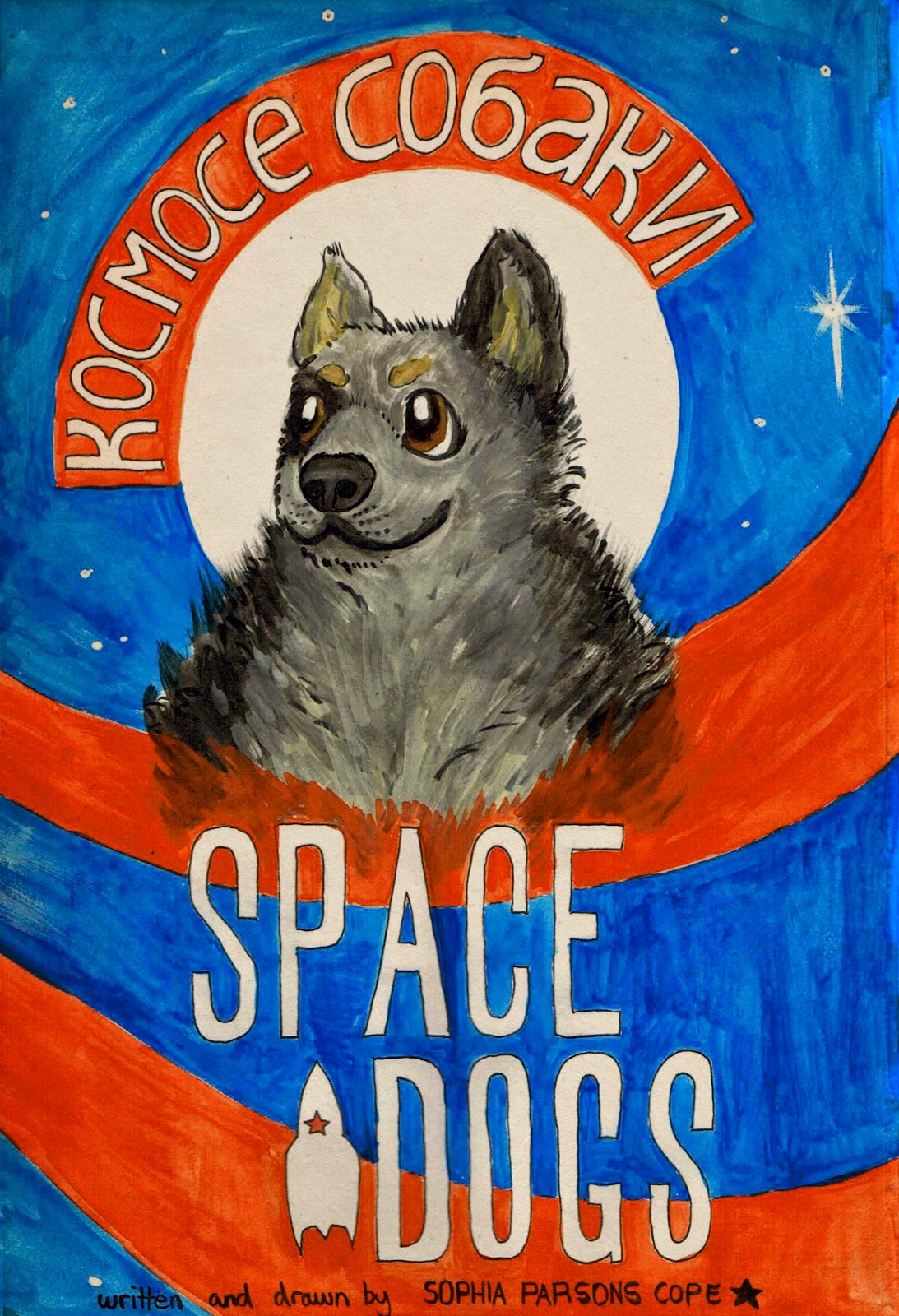BEST FANTASY NOVEL
Fireborn, Keri Arthur (Hachette Australia)This Shattered World, Amie Kaufman and Meagan Spooner (Allen & Unwin)
The Lascar’s Dagger, Glenda Larke (Hachette Australia)
Dreamer’s Pool, Juliet Marillier (Pan Macmillan Australia)
Afterworlds, Scott Westerfeld (Penguin Books Australia)
Daughters of the Storm, Kim Wilkins (Harlequin Enterprises Australia)
BEST FANTASY SHORT STORY
“The Oud”, Thoraiya Dyer (Long Hidden, Crossed Genres Publications)“Teratogen”, Deborah Kalin (Cemetery Dance, #71, May 2014)
“The Ghost of Hephaestus”, Charlotte Nash (Phantazein, FableCroft Publications)
“St Dymphna’s School for Poison Girls”, Angela Slatter (The Review of Australian Fiction, Volume 9, Issue 3)
“The Badger Bride”, Angela Slatter (Strange Tales IV, Tartarus Press)
BEST SCIENCE FICTION NOVEL
Aurora: Meridian, Amanda Bridgeman (Momentum)Nil By Mouth, LynC (Satalyte)
The White List, Nina D’Aleo (Momentum)
Peacemaker, Marianne de Pierres (Angry Robot)
This Shattered World, Amie Kaufman and Meagan Spooner (Allen & Unwin)
Foresight, Graham Storrs (Momentum)
I think I need to get around to some of those Momentum books on my TBR...
BEST SCIENCE FICTION SHORT STORY
“The Executioner Goes Home”, Deborah Biancotti (Review of Australian Fiction, Vol 11 Issue 6)“Wine, Women and Stars”, Thoraiya Dyer (Analog Vol CXXXIV nos 1&2 Jan/Feb)
“The Glorious Aerybeth”, Jason Fischer (OnSpec, 11 Sep 2014)
“Dellinger”, Charlotte Nash (Use Only As Directed, Peggy Bright Books)
“Happy Go Lucky”, Garth Nix (Kaleidoscope, Twelfth Planet Press)
BEST HORROR NOVEL
Book of the Dead, Greig Beck (Momentum)Razorhurst, Justine Larbalestier (Allen & Unwin)
Obsidian, Alan Baxter (HarperVoyager)
BEST HORROR SHORT STORY
“The Executioner Goes Home”, Deborah Biancotti (Review of Australian Fiction, Vol 11 Issue 6)“Skinsuit”, James Bradley (Island Magazine 137)
“By the Moon’s Good Grace”, Kirstyn McDermott (Review of Australian Fiction, Vol 12, Issue 3)
“Shay Corsham Worsted”, Garth Nix (Fearful Symmetries, Chizine)
“Home and Hearth”, Angela Slatter (Spectral Press)
BEST YOUNG ADULT NOVEL
The Astrologer’s Daughter, Rebecca Lim (Text Publishing)Afterworld, Lynnette Lounsbury (Allen & Unwin)
The Cracks in the Kingdom, Jaclyn Moriarty (Pan Macmillan Australia)
Clariel, Garth Nix (Allen & Unwin)
The Haunting of Lily Frost, Nova Weetman (UQP)
Afterworlds, Scott Westerfeld (Penguin Books Australia)
BEST YOUNG ADULT SHORT STORY
“In Hades”, Goldie Alexander (Celapene Press)“Falling Leaves”, Liz Argyll (Apex Magazine)
“The Fuller and the Bogle”, David Cornish (Tales from the Half-Continent, Omnibus Books)
“Vanilla”, Dirk Flinthart (Kaleidoscope, Twelfth Planet Press)
“Signature”, Faith Mudge (Kaleidoscope, Twelfth Planet Press)
BEST CHILDREN’S FICTION
Slaves of Socorro: Brotherband #4, John Flanagan (Random House Australia)Ophelia and the Marvellous Boy, Karen Foxlee (Hot Key Books)
The Last Viking Returns, Norman Jorgensen and James Foley (ILL.) (Fremantle Press)
Withering-by-Sea, Judith Rossell (ABC Books)
Sunker’s Deep: The Hidden #2, Lian Tanner (Allen & Unwin)
Shadow Sister: Dragon Keeper #5, Carole Wilkinson (Black Dog Books)
BEST COLLECTION
The Female Factory, Lisa L Hannett and Angela Slatter (Twelfth Planet Press)Secret Lives, Rosaleen Love (Twelfth Planet Press)
Angel Dust, Ian McHugh (Ticonderoga Publications)
Difficult Second Album: more stories of Xenobiology, Space Elevators, and Bats Out Of Hell, Simon Petrie (Peggy Bright Books)
The Bitterwood Bible and Other Recountings, Angela Slatter (Tartarus Press)
Black-Winged Angels, Angela Slatter (Ticonderoga Publications)
(Note that I was on the judging panel for Collection above and Anthology below. The links are to my reviews from before I knew I'd be on the panel and reflect only my own views and not necessarily the views of the entire panel.)
BEST ANTHOLOGY
Kisses by Clockwork, Liz Grzyb (Ed) (Ticonderoga Publications)Kaleidoscope: Diverse YA Science Fiction and Fantasy Stories, Alisa Krasnostein and Julia Rios (Eds), (Twelfth Planet Press)
Amok: An Anthology of Asia-Pacific Speculative Fiction, Dominica Malcolm (Ed) (Solarwyrm Press)
Reach for Infinity, Jonathan Strahan (Ed) (Solaris Books)
Fearsome Magics, Jonathan Strahan (Ed) (Solaris Books)
Phantazein, Tehani Wessely (Ed) (FableCroft Publishing)
BEST GRAPHIC NOVEL/ILLUSTRATED WORK
Left Hand Path #1, Jason Franks & Paul Abstruse (Winter City Productions)Awkwood, Jase Harper (Milk Shadow Books)
“A Small Wild Magic”, Kathleen Jennings (Monstrous Affections, Candlewick Press)
Mr Unpronounceable and the Sect of the Bleeding Eye, Tim Molloy (Milk Shadow Books)
The Game, Shane Smith (Deeper Meanings Publishing)

.jpg)























